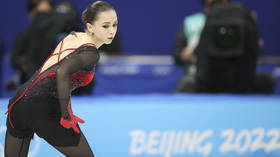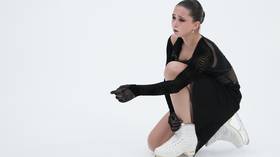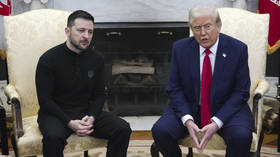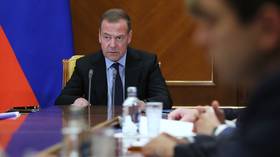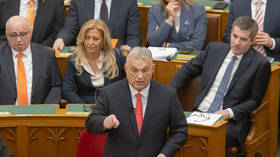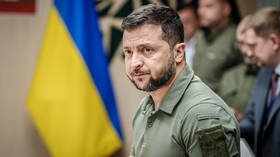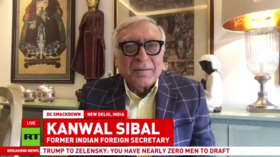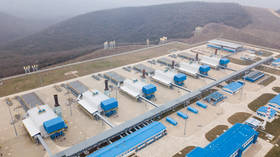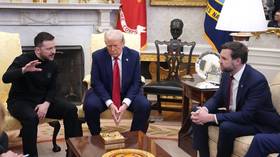WADA reacts to Russian plans for doping case confidentiality
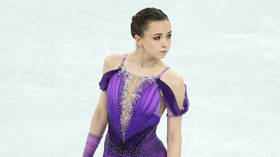
The World Anti-Doping Agency (WADA) has indicated that it expects public disclosure regarding the investigation into teenage Olympic champion figure skater Kamila Valieva, according to the Russian media.
The Russian Anti-Doping Agency (RUSADA) announced on Friday that it was not planning to make the details of Valieva’s case public, citing her age and status as a “protected person.”
In a statement to TASS on Saturday, the WADA press service noted the right to secrecy because of Valieva’s age, stating there are “very good reasons for this rule.”
However, the organization added that because much of Valieva’s case was already in the public domain, “WADA will encourage RUSADA to properly disclose information to the public, taking into account the circumstances of the case.”
Valieva, 16, is the subject of an investigation after returning a positive result for the banned heart drug trimetazidine, based on a sample taken at the Russian championships last December.
The result of the positive test was only announced after Valieva had helped Russia to win gold in the figure skating team event at the Beijing 2022 Winter Olympics in February – around six weeks after the sample was collected.
WADA has closely followed the investigation carried out by RUSADA since the Beijing Games, and will reserve the right to contest the outcome with the Court of Arbitration for Sport (CAS), should it not be satisfied with the conclusions.
RUSADA director general Veronika Loginova revealed last month that the investigation had been concluded and that the process would move to a disciplinary anti-doping committee (DAC).
Loginova suggested that a hearing would be held sometime in October, although Friday’s announcement made clear that RUSADA was not obligated to share the details with the public.
Valieva was aged 15 at the time of her ordeal in Beijing – making her among the youngest athletes at the Games.
After the news of her positive test emerged, she was cleared by an emergency CAS panel to compete in the women’s individual event, but finished a disappointing fourth despite being the strong favorite for gold.
Valieva’s team, which includes renowned Russian trainer Eteri Tutberidze, have strongly denied any wrongdoing throughout the case.
They suggested at the CAS hearing in Beijing that the positive sample may have come from contamination with heart mediation Valieva’s grandfather was taking.
Russian officials stated that Valieva had passed numerous other doping tests, while questions were asked about the delay in reporting the results by the WADA-accredited laboratory in Stockholm, Sweden, which handled her sample.
Valieva and her fellow Russian skaters are banned from international competition this season because of the conflict in Ukraine, but they will take part in a series of alternative Grand Prix competitions being held in Russia.
Should Valieva be found guilty of a doping violation, the Russian Olympic Committee (ROC) could stand to lose the figure skating team gold medal it won in Beijing, where the USA finished second, Japan ended third and Canada finished fourth.
There would likely be an appeal process before that happened, however.
